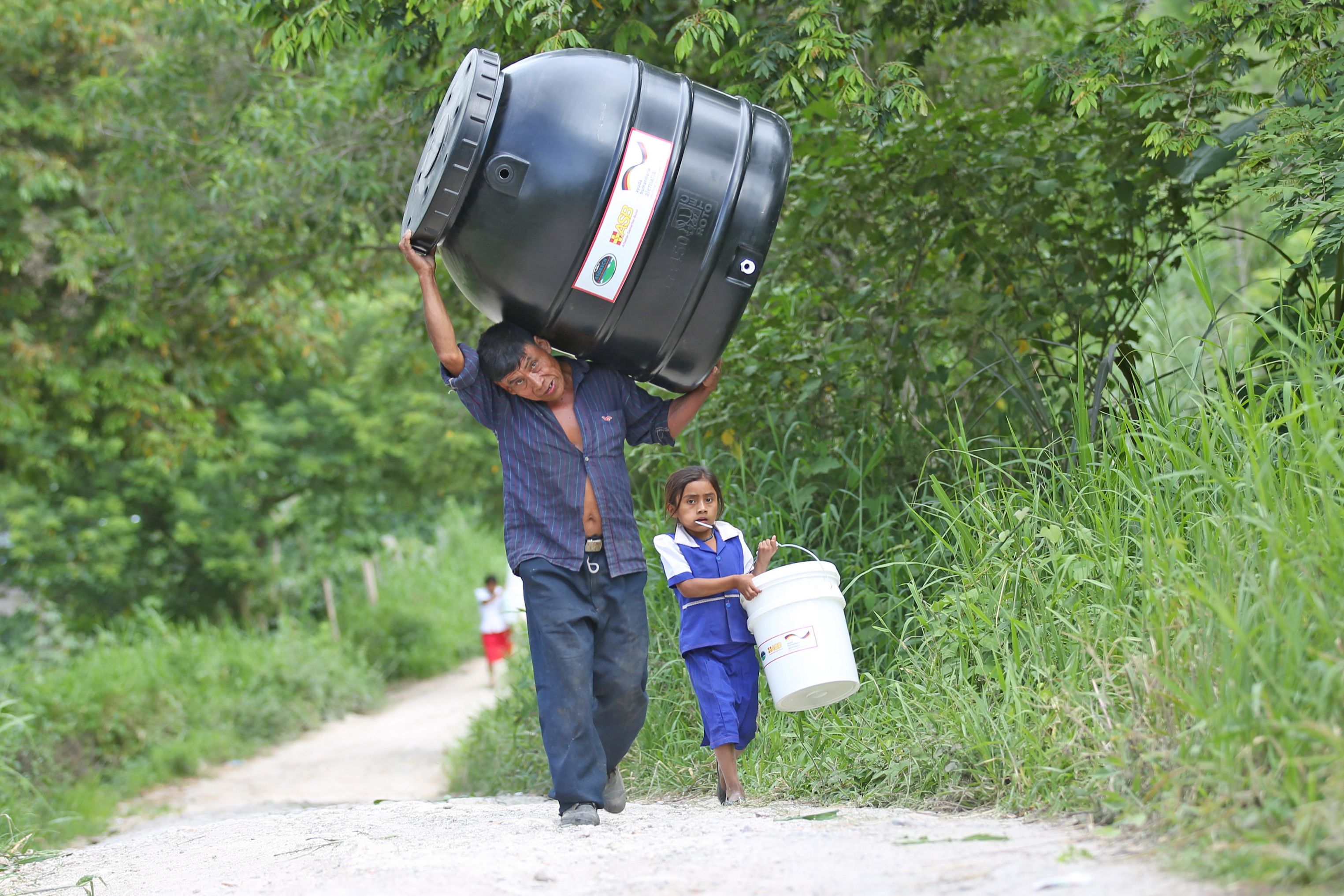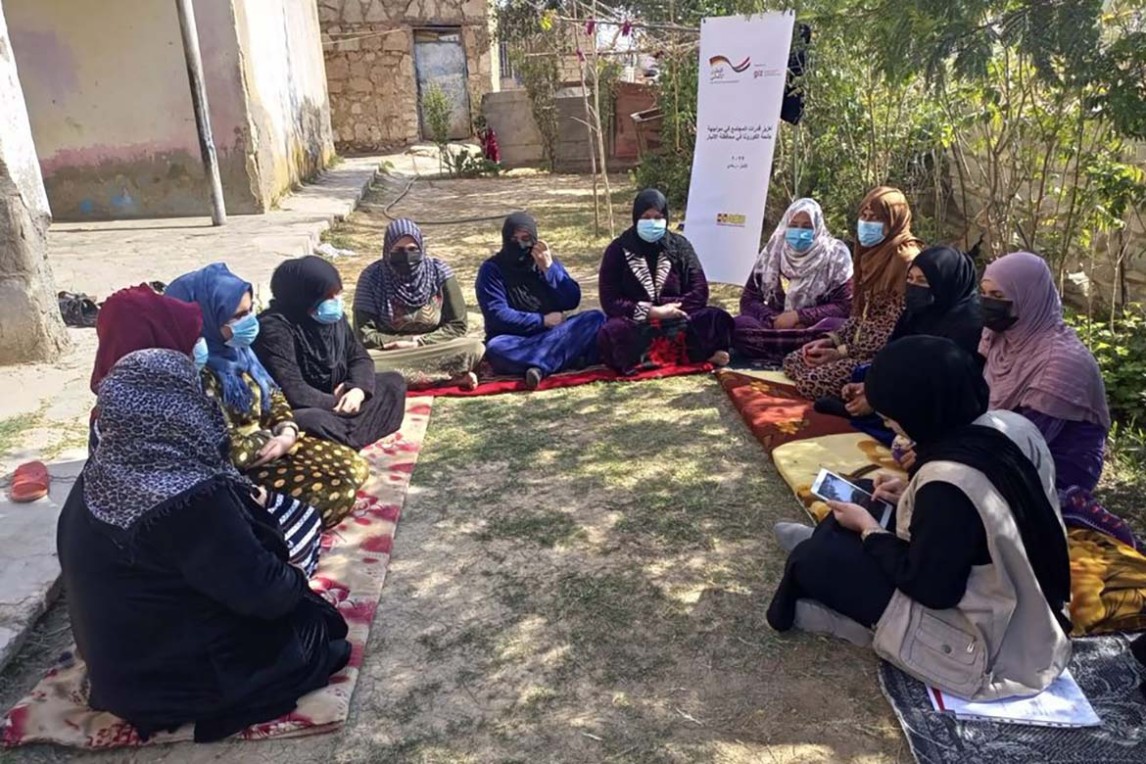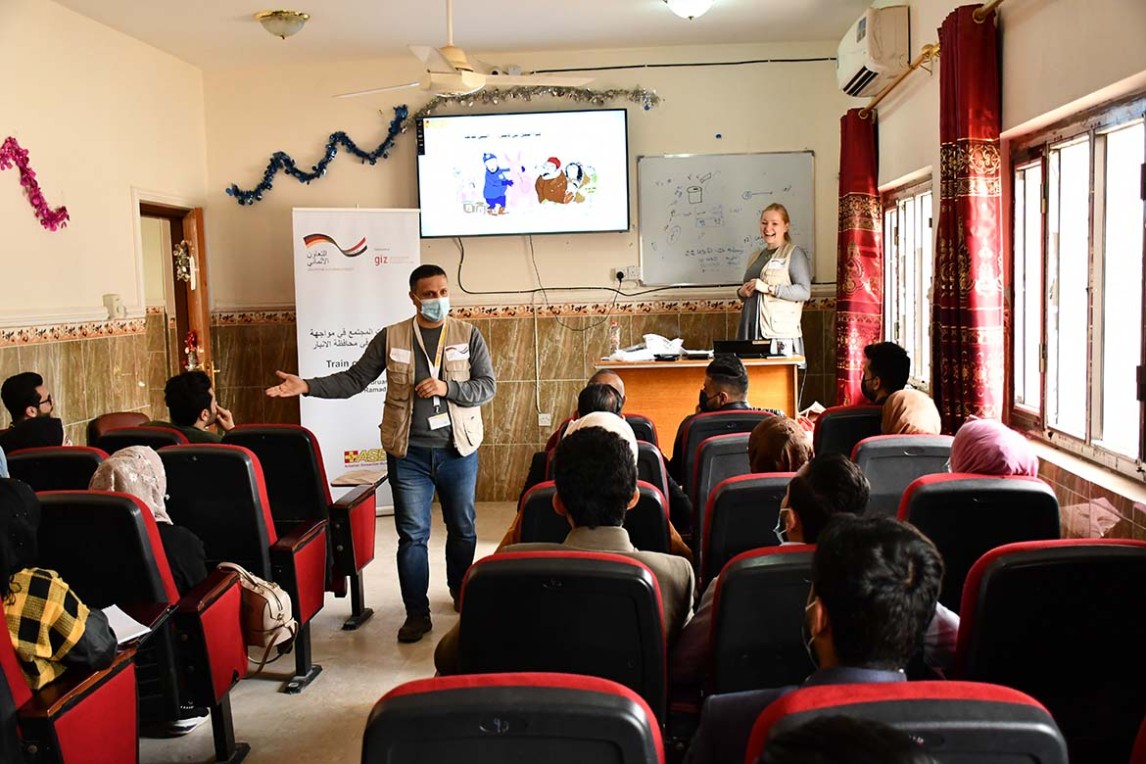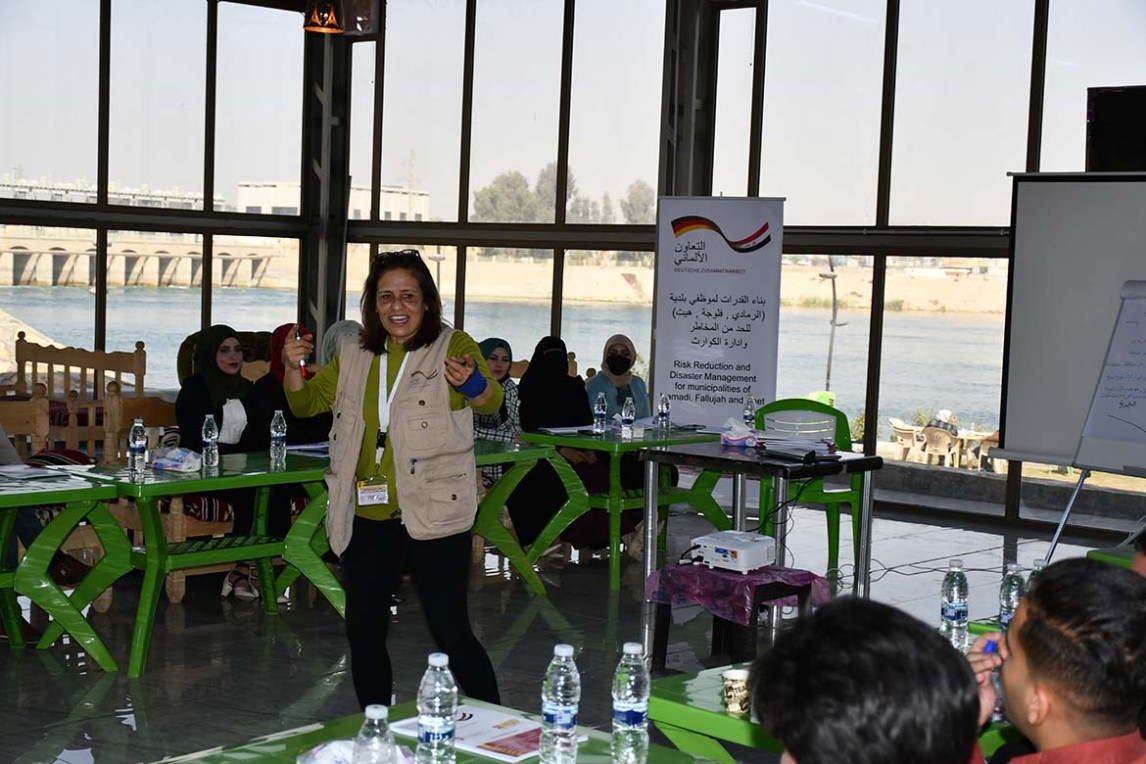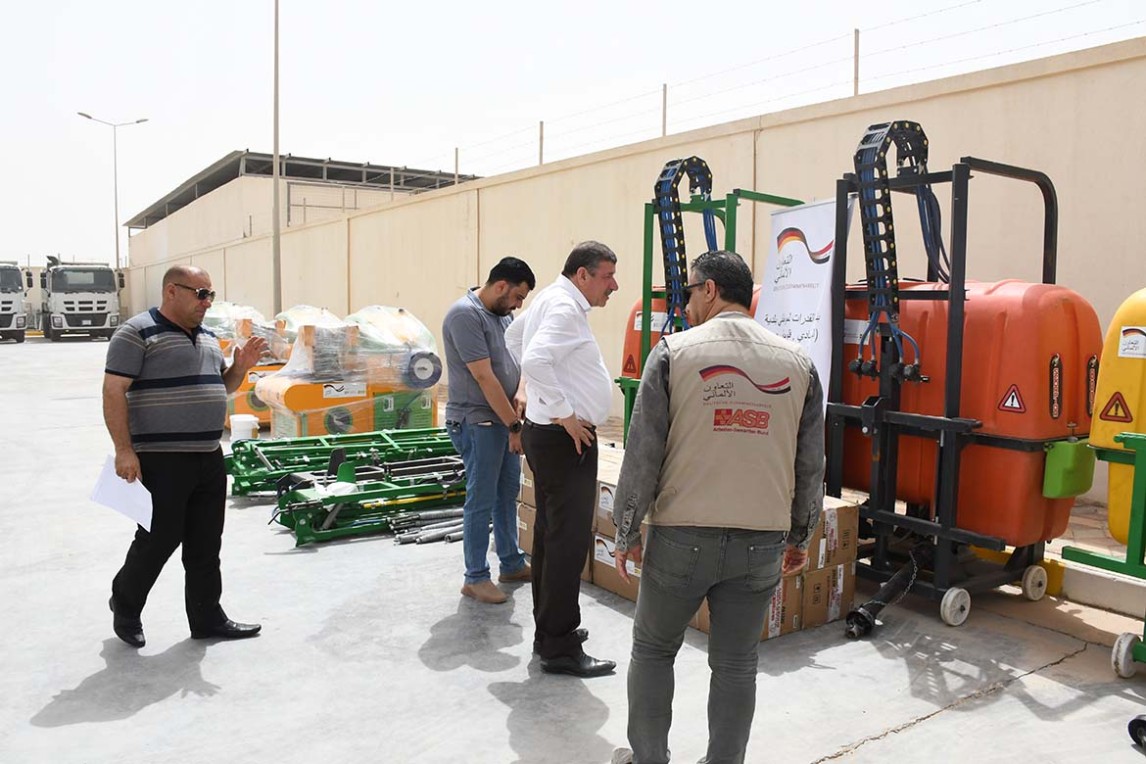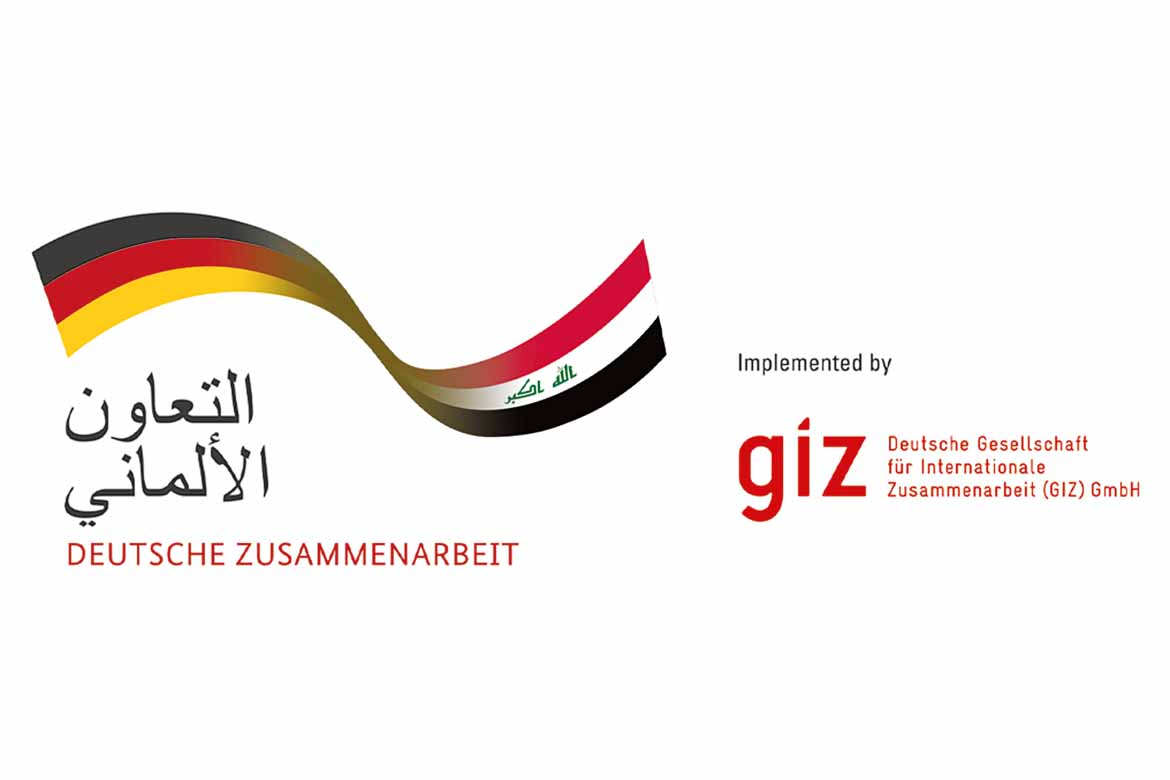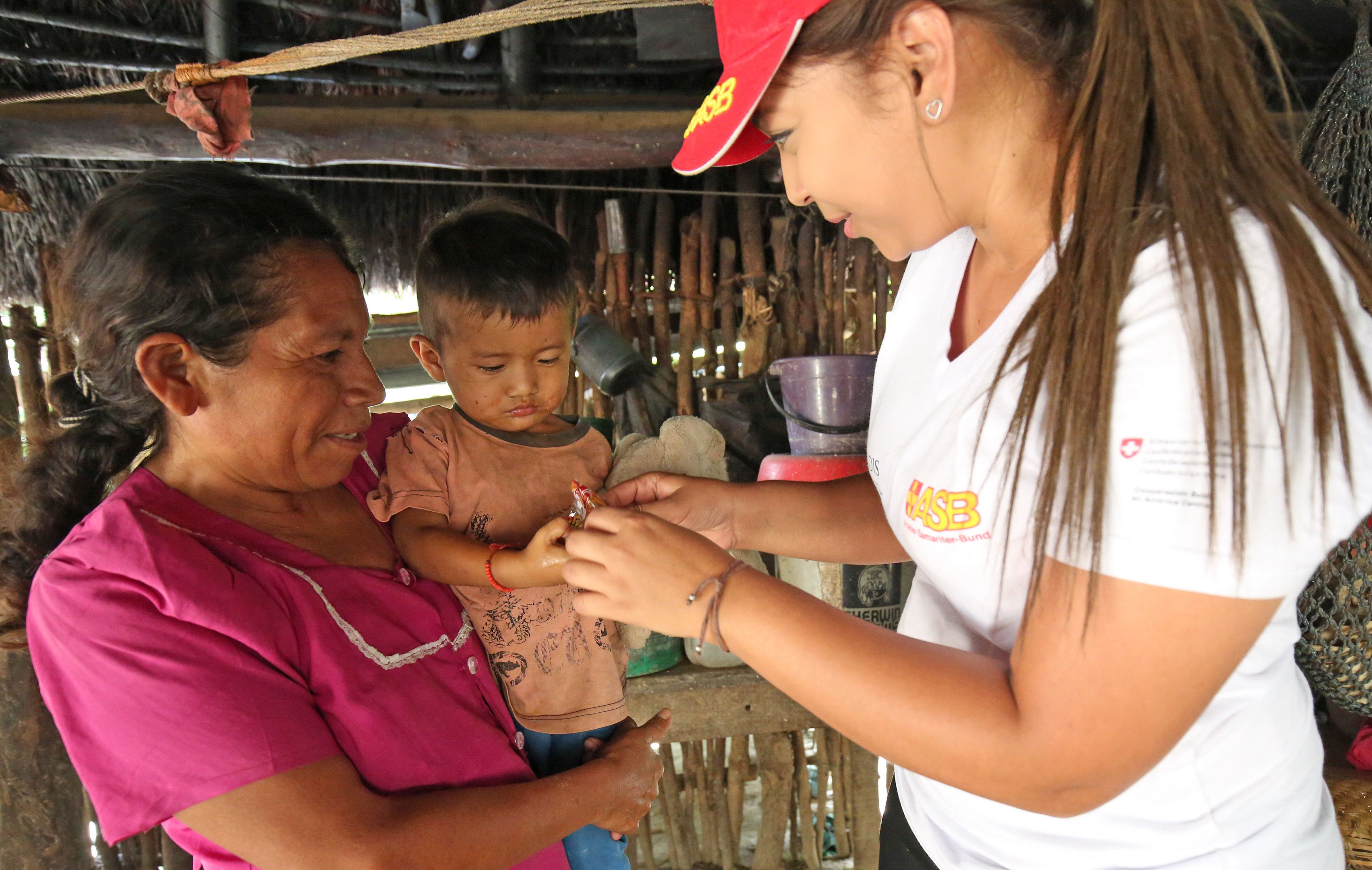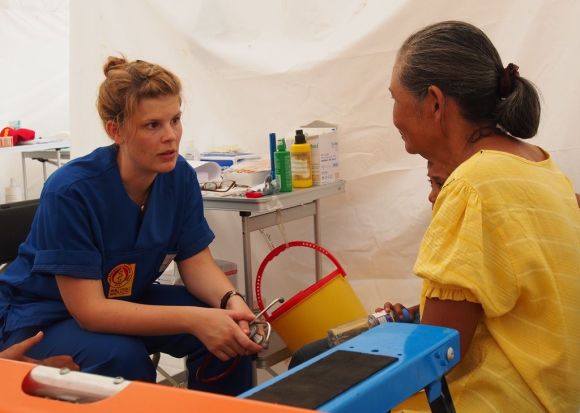-

Project title: Promoting peaceful and inclusive coexistence, livelihoods and economic cycles in Anbar, Iraq – promoting community resilience to COVID-19 in Anbar
-

Project region: Anbar province, Ramadi district, Fallujah district, Heet district
-

Project volume: € 250,000
-

Financing: GIZ
-

Duration: 01/12/2021 - 30/06/2022
-

Target group: 3,600 smallholder households in communities in Iraq which are susceptible to disaster, local government staff and community leaders as key actors for disaster risk reduction
